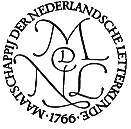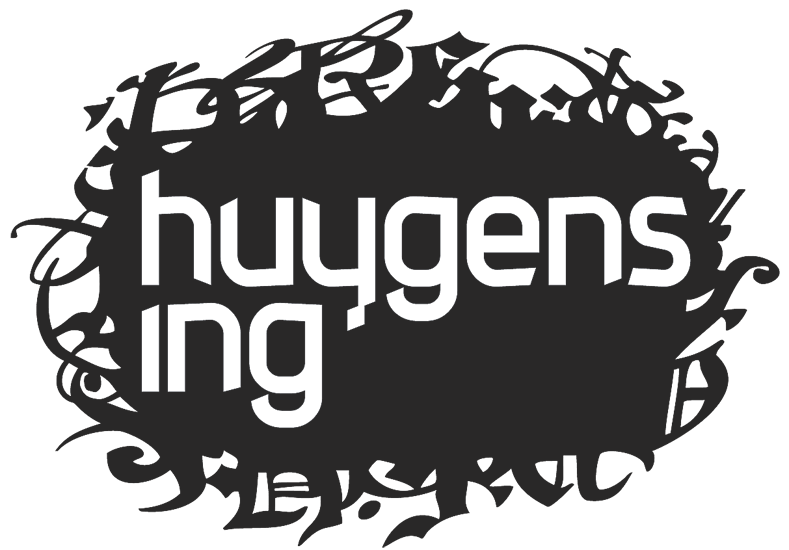‘De kapitaalste dorpsvertelling’. George Eliots Adam Bede in Nederland
Samenvatting
In nineteenth century literature political dispute seems to have been avoided during times of social upheaval. Dutch critics preferred harmless genres like domestic and regional novels. In the critical debate after the revolutions of 1830 and 1848 fear of upheaval was accompanied by anti-French sentiments. In this atmosphere George Eliot’s first novel Adam Bede grew into the perfect example of a modern novel. Paradoxically one of the Dutch reviewers referred to a much discussed essay from the French journalist Montégut, whose sympathy for the protestant and English novelistic tradition was fully in line with the chauvinistic and Francophobic discourse.
Terugverwijzingen
- Er zijn momenteel geen terugverwijzingen.



